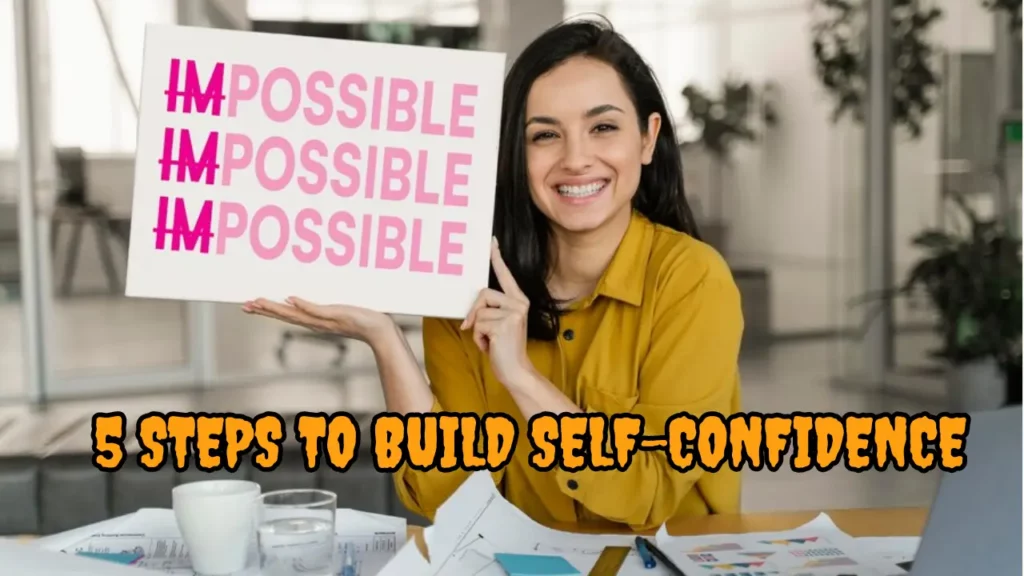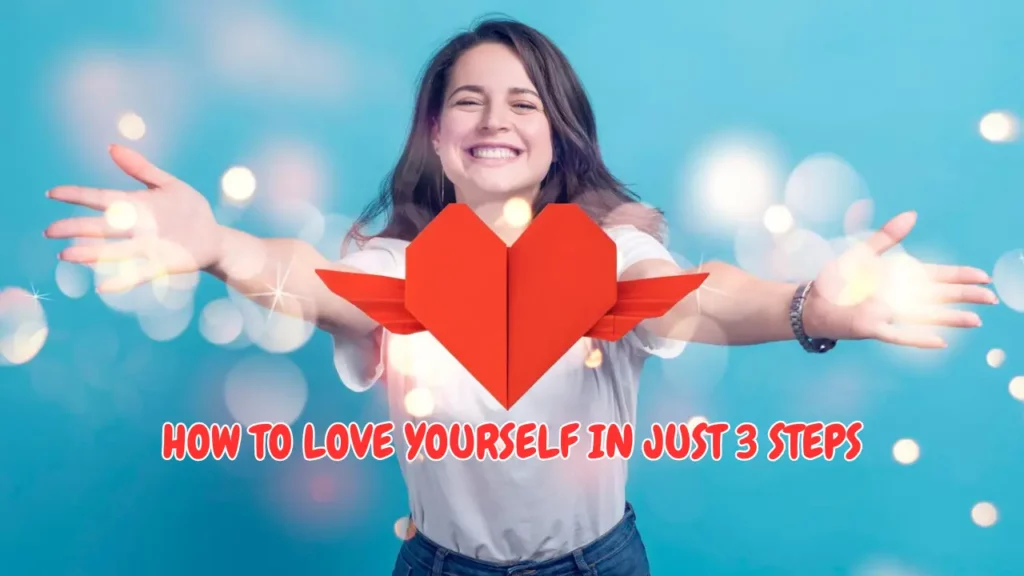So often, we look in the mirror, and for so many of us, we don’t like what we see. Nitpicking every little ounce about ourselves, we try things, meditation, journaling, affirmations, this coach, that coach, you name it, but nothing seems to work. That doesn’t have to be the case. Let’s fix that today.
Let me tell you, my inner critic is fricking loud. I deal with him almost every day. The difference is I choose now not to listen to what’s being pushed in my head and recognize that thoughts are just thoughts. You do that through these next 5 methods I’m about to explore in this article.
1. Understanding Yourself
The first step in building self-confidence is to understand yourself deeply. You’ve probably heard that you must love yourself to be confident. While that’s not wrong, the real question is, how do you love yourself? The answer lies in understanding yourself fully.
Start by asking yourself questions such as:
- What are my strengths and weaknesses?
- What are my core values and beliefs?
- Why do I behave in certain ways?
- Why do I care about specific things?
Each answer should be followed by an exploration of how and why. For example, if you value spending quality time with people, ask yourself why. Maybe it’s because you feel less alone when you have companions on your journey. Understanding yourself is the foundation of self-love.
2. Start Believing in Yourself
The second is to start believing in yourself. I’ve heard so many times that people can’t believe in themselves because of something a parent, teacher, or something from their childhood did to them.
So they have put negative things into their minds. That may be true, but do you have the respect for yourself to redefine those thoughts? Do you admire yourself for recognizing what you’re capable of?
Do you have the esteem for yourself? Yes, that is where self-esteem comes from. It is not your responsibility and what happened to you. It is all your responsibility to do something about it.

3. Challenging Negative Thoughts and Cultivating Positivity
So, let’s do something about it and move to number three, which is to challenge negative and positive thoughts. This is where the affirmation process comes into play. I’ll go into that in a moment.
So we don’t come out of the womb with negative beliefs about ourselves. We come out with a clean slate, ready to rock, see the world, and adjust as needed. It usually comes from negative statements or unconstructive criticism from parents, teachers, coaches, bullies, you name it.
And a lot of these aren’t intentional, fam. People aren’t waking up daily saying, “How can I make this person’s life worse?” They’re trying to serve you at the place they’re at and doing their best.
Again, it is our responsibility to make a change. So those thoughts from others that they put into our minds, if we are not careful, will sink in, and then they become beliefs, which then we see as gospel truth.
It’s saying, “Oh, they said this about me, so perhaps it’s true.” Thus, a limiting belief is born. So, you must challenge those limiting beliefs through positive ones, but this is where most people get affirmations wrong. Stock affirmations like the ones you find on the internet don’t get into the root cause because they’re not custom-tailored to you.
So they might be a quick feelgood, but they don’t change things for the long term. You must build those custom affirmations that directly attack a specific limiting belief you’re going through.
The second reason affirmations fail is that people say them once or maybe three times a week and then forget about them. You don’t notice the change right away.
You must consistently say them for at least three months for your belief pathways to switch and change. It’s the consistency that makes all the difference.
No matter what, the louder voice will win. So what will it be, the inner critic or the inner cheerleader? Thoughts become beliefs, and beliefs dictate our lives.
4. Taking Action and Trying New Things
Number four is to take action and try new things. Most people think confidence is the starting point. It’s actually at the very end, and this is why. Confidence comes from trying new things, taking risks, and having new experiences.
But you won’t take a risk if you don’t believe in yourself. You won’t want to try something new if you don’t believe in yourself. Man, if you fail, Try Something New.
I don’t know about you, but if I’m trying something new and I’m not believing in myself, I’m going to be absolutely devastated if I just kind of fail. It creates chaos.
So, as you grow in your belief, you try new things, especially those you are interested in, and you can start small. You don’t have to do everything all at once.
Let’s say you want to start dating again. Don’t download every app and say you will go on five dates this week. Do more research on the app that fits your personality style and what you want, and just go for one day a week. Going from doing nothing to doing something, it’s a big difference. Celebrate that progress.
5. Being Graceful with Your Self-Improvement Journey
And five, you must be graceful with your process. If you’ve spent years marinating in self-hatred, how do you think it should change in one week? Come on now. Take daily consistent action.
Allow time to compound and then do its thing. Take the journey with trusted friends so they can go on the adventure with you. If you find a day you completely fell off, pick yourself up and try again. Each moment and each day is another opportunity. I promise you that, so take it.
Conclusion
Building self-confidence is a journey of self-discovery and self-acceptance. You can boost your self-confidence and lead a more fulfilling life by understanding yourself, believing in your capabilities, challenging negative thoughts, taking action, and embracing the process gracefully.
How long does it take to build self-confidence?
A: Building self-confidence is a gradual process that varies for each individual. It typically takes consistent effort over several months to see significant changes.
Can I build self-confidence on my own, or do I need professional help?
While self-improvement is possible independently, seeking guidance from a therapist or coach can accelerate the process and provide valuable support.
What if I face setbacks during my self-confidence journey?
Setbacks are a natural part of personal growth. When you encounter obstacles, take them as learning opportunities and continue moving forward.
Are there specific affirmations I should use to build self-confidence?
Yes, personalized affirmations tailored to your limiting beliefs are more effective than generic ones. Focus on addressing your unique challenges.
How can I maintain self-confidence in facing criticism from others?
Building self-confidence also involves developing resilience. Focus on your strengths, maintain a positive self-image, and seek support from your trusted circle to navigate criticism effectively.




